Alphabet tracing Alphabet Worksheets for Ages 7-9
8 filtered results
-
From - To
Explore our Alphabet Tracing Worksheets for ages 7-9, specially designed to enhance handwriting skills and boost letter recognition. These fun and engaging printables offer a perfect blend of educational activities to build confidence in writing for young learners. Each worksheet features dotted letters to trace, helping children practice their fine motor skills while reinforcing their understanding of the alphabet. Ideal for both classroom and home use, these worksheets are a valuable resource for parents and teachers aiming to support their students' literacy development. Unlock your child's potential with our comprehensive collection today!


Letter R Tracing Page


Letter P Tracing Page
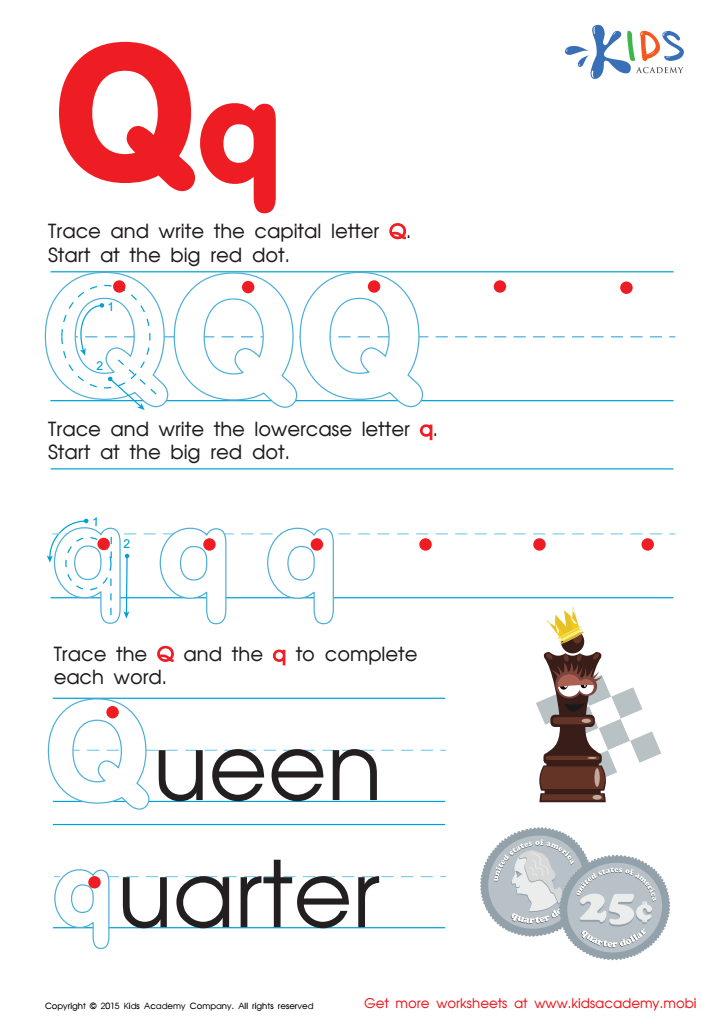

Letter Q Tracing Page


Letter H Tracing Page
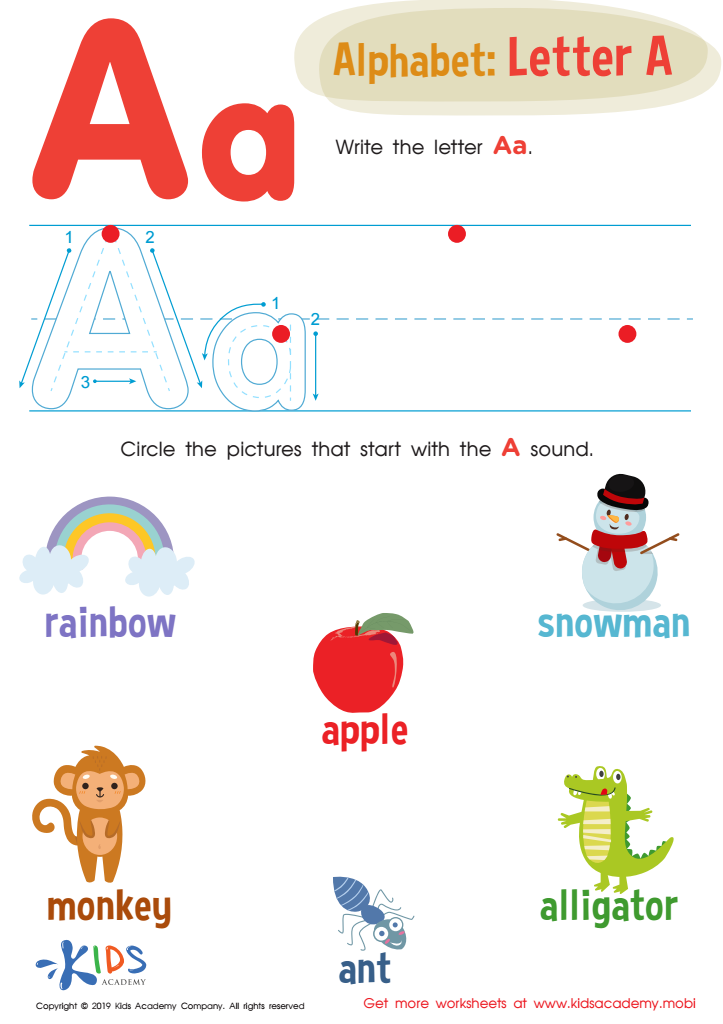

Letter A Tracing Worksheet
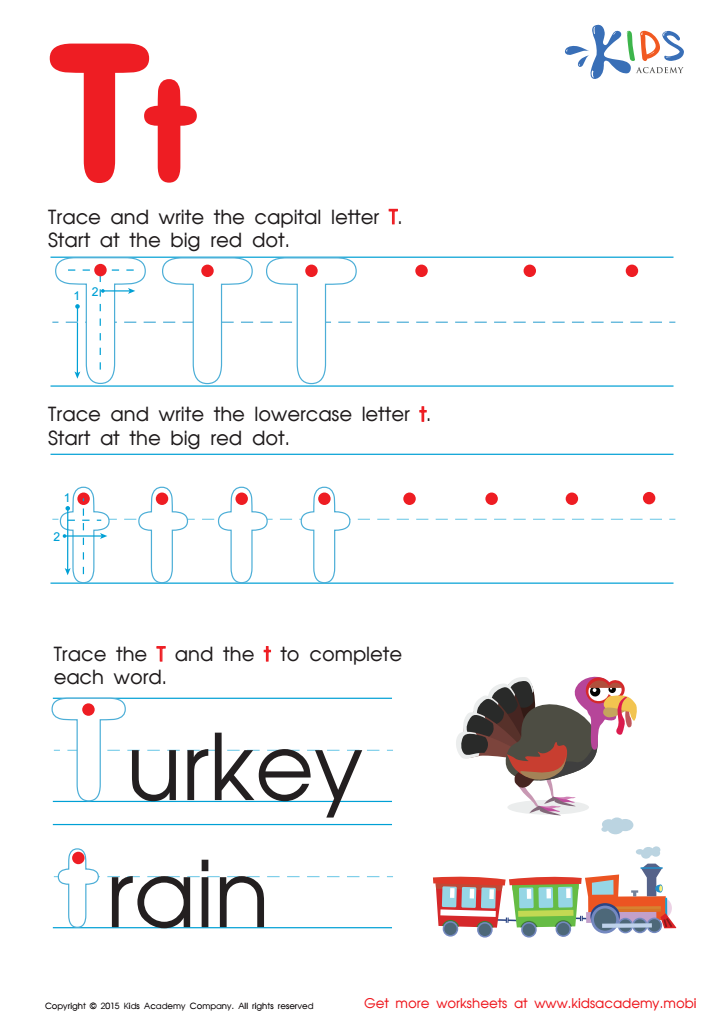

Letter T Tracing Page
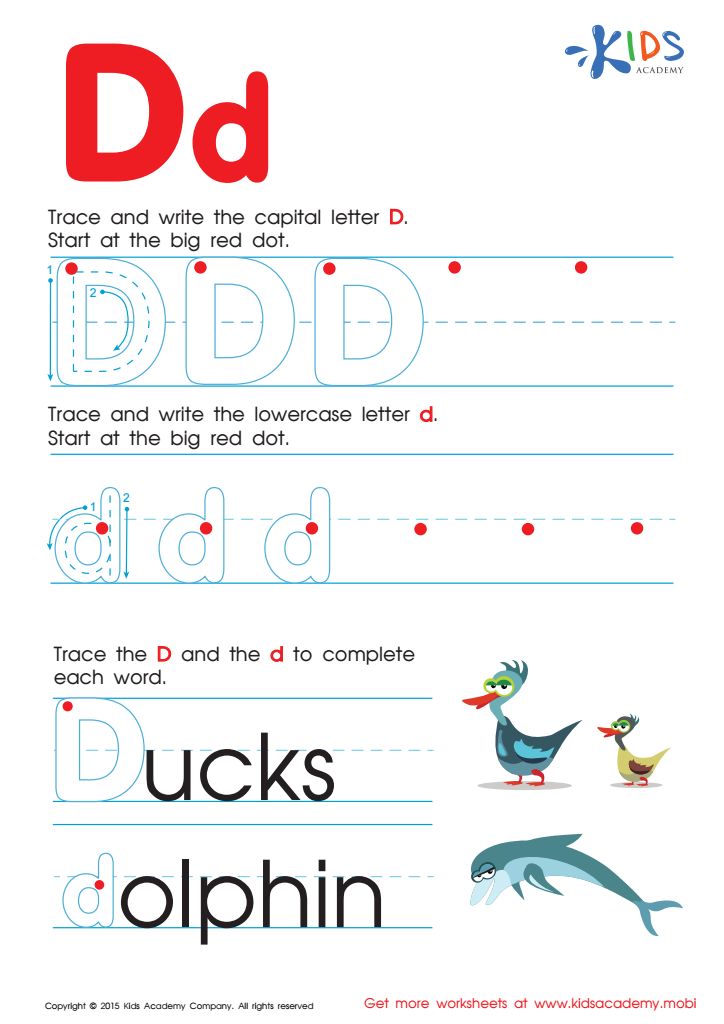

Letter D Tracing Page
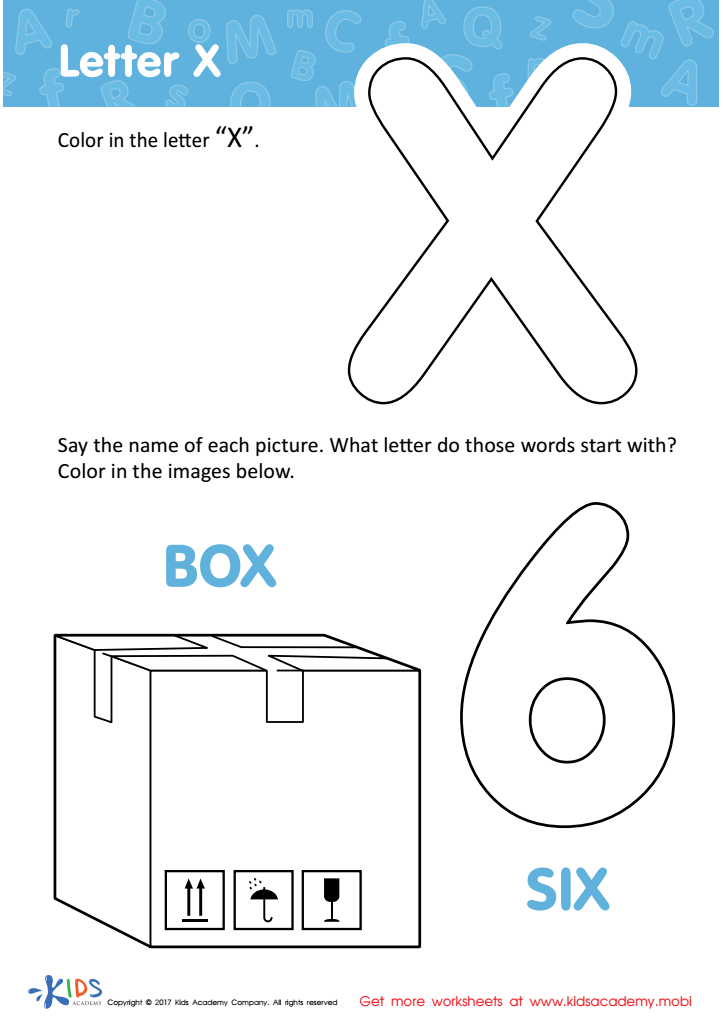

Letter X Coloring Sheet
Alphabet tracing exercises play a crucial role in developing essential linguistic and fine motor skills in children aged 7-9. At this stage, kids transition from learning letters to utilizing them for more complex reading and writing tasks. Enhanced letter recognition bolsters their reading fluency, while consistent tracing improves handwriting clarity and control. These foundational abilities enable better communication and academic performance, setting a stone for future learning experiences.
Moreover, alphabet tracing fosters cognitive linkages between visual and motor skills. As children repeatedly form letters, they reinforce neural pathways that aid in memory retention and comprehension. This activity also encourages attention to detail and patience, fostering concentration and discipline—qualities vital for lifelong learning.
Teachers and parents should prioritize alphabet tracing because it buffers literacy education, establishing a robust groundwork for subsequent spelling, grammar, and creative writing skills. Recognizing each letter's unique shape and motion aids differentiation, which is especially beneficial for kinesthetic learners who grasp information through physical activity.
Ultimately, investing time in alphabet tracing can turn initial writing struggles into achievements, offering a confidence boost and an encouragement for educational exploration. Therefore, it’s a proactive step towards nurturing a child's overall academic growth and love for learning.
 Assign to My Students
Assign to My Students














